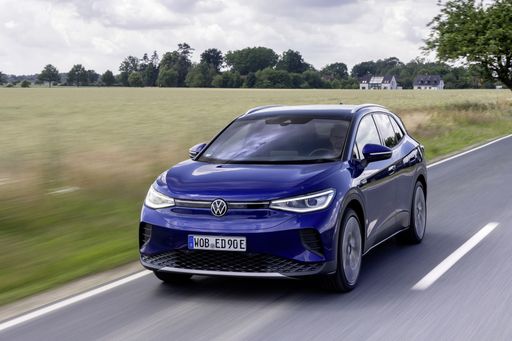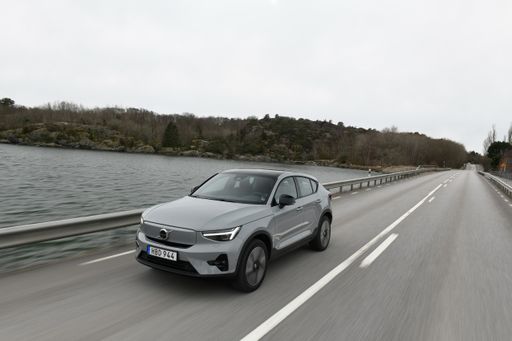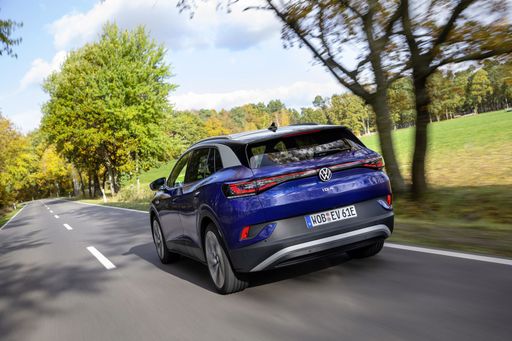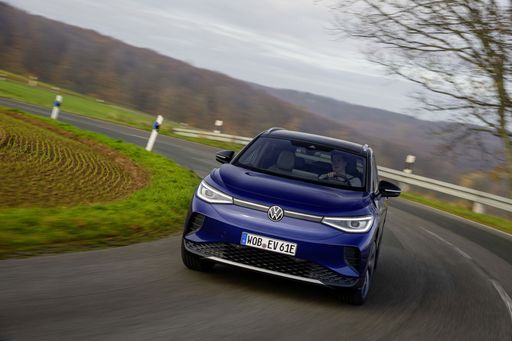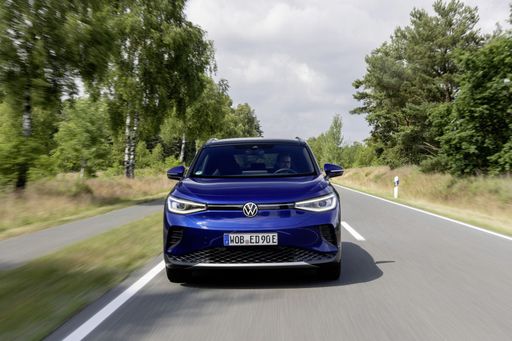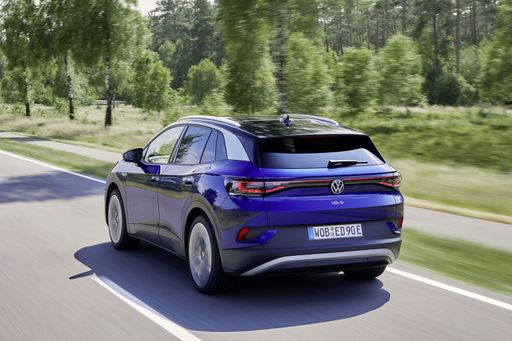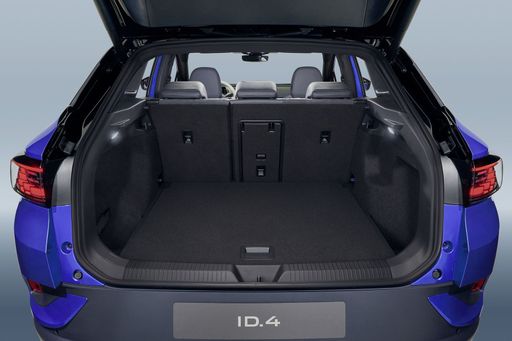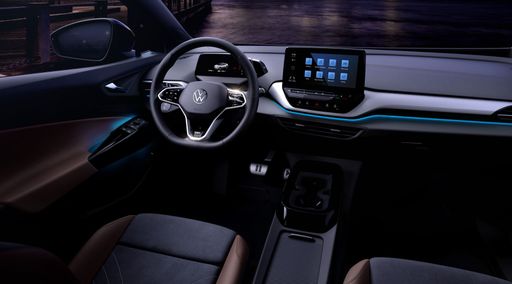Volvo EC40 vs VW ID.4: The Battle of the Electric SUVs
The electric SUV market continues to thrive, with contenders vying for the crown of efficiency, performance, and design excellence. Today, we delve deep into the specifications of two promising candidates in this electrified league: the Volvo EC40 and the VW ID.4. These models stand as significant competitors in the segment, both equipped with technological advancements and the eco-friendly promise of all-electric motoring.

